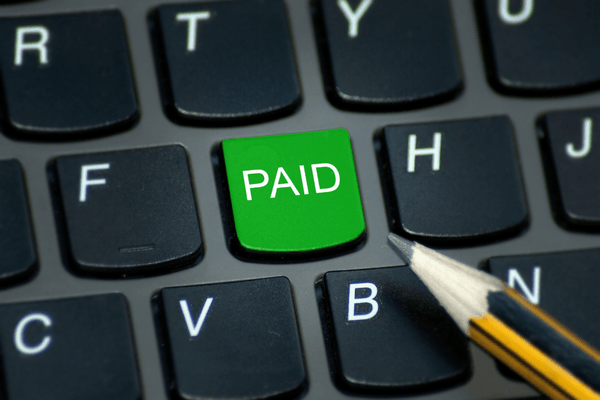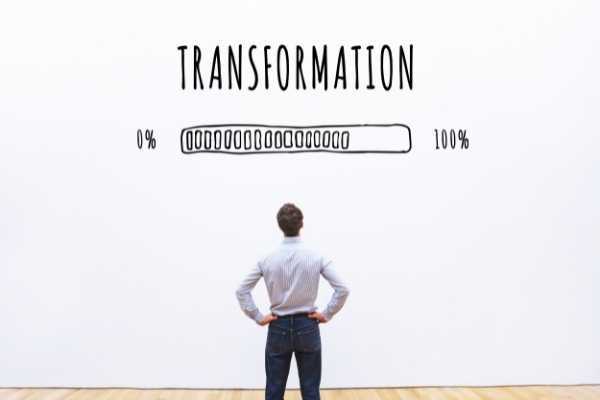What would happen to your loved ones if something suddenly happened to you?
Not surprisingly, it's a question many of us tend to avoid.
It's just too hard to remove the emotion from a situation where you imagine you're not around anymore.
And making clear decisions in the best interest of those you love is difficult unless you're able to look objectively at everything and everyone that is closest to you. That is, until you get a 'wake-up call'. It may be an accident, an illness or something else…
But why wait for some alarming incident to prompt you into action? After all, not everyone is 'lucky' enough to get a wake-up call where they live to tell the tale. For some, such unexpected events don't involve any 'waking up', so to speak.
Being prepared for the worst does not mean living your life with a cloud hanging over you. It just makes good sense to have in place:
- a will ,
- an enduring power of attorney (EPA) , and
- an advance health directive (ADH) .
The same as you would take out insurance to protect your business or your car, think of a will as insurance for your loved ones.
Without it, confusion, disputes, and unnecessary conflict can arise at a time when loved ones are grieving. To avoid these issues, it should be priority to get yours written now.
Following are ten key questions and answers to help you take the first step to getting a will drawn up.
-
Who should make a will - and when?
Anyone over the age of 18 looking to explain what they want done with their assets when they pass away can make a will. Assets include real estate, money, investments, and personal or household belongings.
To draw up a will, you must have the capacity to understand the nature and consequences of the document, be able to exercise free will in the decisions you make within it, and communicate clearly and unambiguously what you want done.
For reasons already explained, it should be a priority for everyone over the age of 18 to make a will. This especially applies to those in middle-age or older, for whom the risks and consequences of not having a will are usually much greater.
-
Do I have to involve a lawyer?
Depending on the size of your estate, a will may seem like a relatively simple document to draft. However, to be legally binding and ensure that your estate is handled as you wish, it must follow due legal process; complex estates require a good understanding of property ownership laws for instance.
You must sign every page of the will and, at the end of the document, signatures must be witnessed by two independent witnesses.
To ensure you have a valid will that is clear and unambiguous, you must also use the correct terminology throughout the document. This usually requires the expertise of a qualified lawyer.
-
What should I include in my will?
There are several standard items to include in a will: firstly, you will need to appoint someone (or a number of people) to be executor(s) of your will.
Within the document, you should cover payment for debts and funeral expenses, as well as funeral arrangements. Then provide instructions for the distribution of your assets: these include property, money, possessions, investments, etc.
Either state specific amounts for assets and the full names of beneficiaries or include percentages of total values, as appropriate.
If applicable, you may also like to include the appointment of a guardian to look after your children, should something happen to you.
Finally, state in your will that it is your last will, superseding any previous wills.
-
Who should I choose as executor of my will?
When you make a will, you will need to appoint an executor or executors to manage your estate according to your wishes. They are responsible for paying any debts (including taxes) as appropriate and distributing your assets to the beneficiaries, as stated in your will.
Being an executor is normally a very serious undertaking. In addition to the above tasks, executors usually have to organise your funeral; make decisions about your personal finances, belongings, and property; and make arrangements for the care of any dependent children.
Because of this, your executor must be a trusted person - usually a family member or close friend. It's best if they are financially able and good communicators.
Because of the importance of the role, you may like to appoint an alternate executor in case your first choice executor is unavailable.
-
What is an enduring power of attorney (EPA)?
Enduring power of attorney (EPA) is a legally binding agreement where a person or a small group of people (the attorney or attorneys) manage your financial affairs, personal matters, and health matters, in your best interests. They have the power to do all of the things that you would normally decide on in these areas.
This is necessary if you're unable to look after your own affairs, due to lack of mental capacity. A close family member or other trusted entity then acts as your "attorney". But this does not happen automatically - it requires the necessary legal documents to be signed by the appropriate people.
The agreement can start either immediately or when the appropriate authority decides that you do not have the capacity to conduct your own financial affairs.
Without an EPA agreement, a financial manager may need to be appointed for you by the authorities, depending on your local jurisdiction.
It's always best to arrange your agreement while still in good health, to avoid this happening.
-
How is EPA different from general power of attorney?
General power of attorney is also a legally binding document. This provides the authority to make financial decisions on your behalf to one or more nominated individuals.
It is not as far reaching as EPA, as the authority to make decisions stops when you no longer have the mental capacity to manage your own financial affairs.
-
What are advance health directives (ADH)?
You may also want to activate an advance health directive (ADH). This is sometimes called a "living will", "personal directive", "medical directive" or "advance decision".
This legal agreement allows you to plan for your medical treatment or health care in the event that you are too ill or incapacitated to make decisions.
It usually provides for any allergies to medicines or religious beliefs you have, as well as acceptable types of treatment. You can also nominate an "attorney" to make health decisions in your best interests.
Again, it's best to create this document now rather than leaving it to later in life, when your power to make clear decisions could be diminished.
-
Do these documents need witnesses?
The signing of all powers of attorney documents and health directives require authorized witnesses. This is usually a lawyer, notary public, or justice of the peace. If in doubt, check with your lawyer.
In the case of power of attorney, both you and the nominated attorney need to sign in front of the witness.
With an advance health directive or similar, note that the witness cannot be a beneficiary of your will.
-
Can I make adjustments to my will or power of attorney?
Providing you are able to make decisions for yourself, you can revoke or amend your will or power of attorney documents at any time.
Indeed, if you haven't written your will to anticipate possible changes, it may be advisable to update it, if your personal or financial circumstances change significantly or unexpectedly after you write it.
As with the original document, this will need to be drawn up in the presence of your lawyer.
-
What do I do next if I don't have a will?
Nothing you've read here is a substitute for getting proper legal advice when preparing a last will, EPA or ADH.
The above questions should all be discussed with the relevant parties before enacting anything: your doctor should be consulted for health matters and lawyer and/or accountant for financial matters; and your family should also be consulted for whatever affects them directly.
Bear in mind that if you die without a will-this is referred to as dying "intestate"-there are legal guidelines that set out how your assets will be distributed. But it generally creates complications, costs, and delays for all parties. This is especially the case where there have been separations or divorces in the past, and families can be traumatised when-due to the lack of a will-the deceased person's assets are not distributed to those loves ones the deceased 'meant' to leave them to.
Get your will, EPA and ADH in place and then review them regularly, particularly after major life events such as marriage, divorce, births and the passing of loved ones.
If you need assistance with preparing your documents or have any further questions regarding wills, EPAs or ADHs, please contact us.









